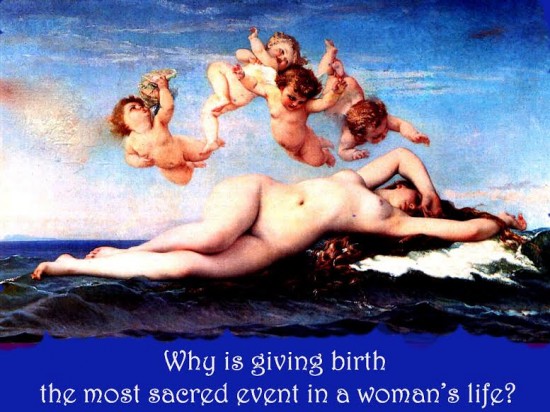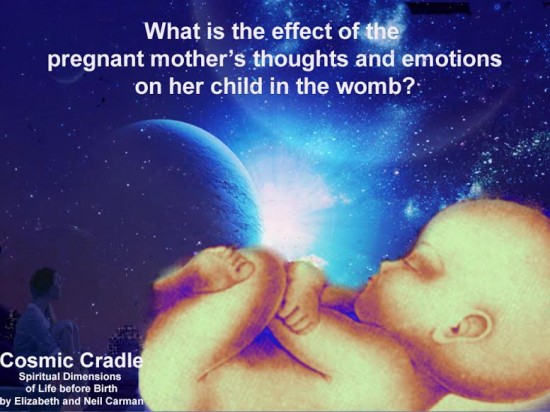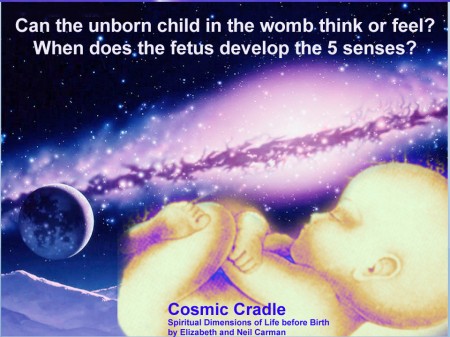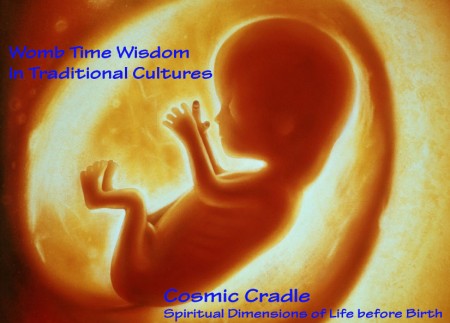The Sacred Truth about Giving Birth – A Midwife Speaks Out

“I have been a midwife for 11 years. I do not want to mislead women into thinking that childbirth is not painful.
“Whenever you describe childbirth, you are walking on thin ice because it is such a different experience for everybody.
“Pain is normal and natural and opens up all chakras. A woman becomes a conduit for beautiful energy. If you allow the pain to be what it is and be as strong as it needs to be, you go into an altered state of consciousness. Some of that is due to the physical, the endorphins, which create that dreamy ability to cope with what is happening. Part of it is spiritual.


 Ancient and traditional cultures seem to have pregnancy and childbirth practices that are more humane and enlightened than those followed in modern society.
Ancient and traditional cultures seem to have pregnancy and childbirth practices that are more humane and enlightened than those followed in modern society.